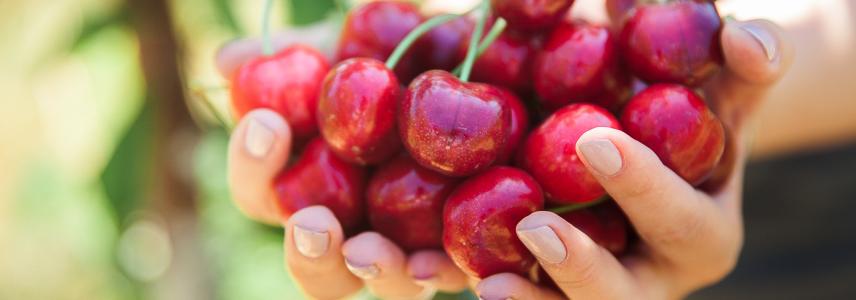How EU laws affect the fresh trade more and more

Laws have a great influence on the trade in fresh produce. The European Union (EU) already has the highest expectations for food safety globally. Now, suppliers must also follow new rules to import in a sustainable way.
Many of these new European laws come from the Green Deal and affect non-European suppliers, too. European trade partners worry that Brussels is making trading harder, trying to reach its goals to not harm the climate and produce food without harming the environment. But, for the EU, it would be impossible to set new rules for heavy industry and not expect other countries to meet these new rules as well. Therefore, suppliers should prepare for these changes.
Reducing pest control chemicals
One of the most impactful proposals for the fresh fruit and vegetable trade concerned the sustainable use of pesticides. This proposal focused on setting worldwide rules for the maximum amount of pest control chemicals allowed in and on food, also known as Maximum Residue Levels (MRLs).
The proposal included banning imported food if it was proven to have leftovers in or on it from substances that are not allowed in the EU. However, the EU withdrew the proposal, as the chemical industry and the industrial farming lobby were heavily against it. Despite this, the trend towards reducing the amount of pest control chemicals in food continues.
What are the rules?
The EU has strict rules on plant health, MRLs, and contaminants. For example, all fruits and vegetables need a phytosanitary certificate. This certificate proves that the fresh produce does not contain any harmful organisms. Bananas, coconuts, dates, pineapples, and durians do not need this certificate. Hot water treatment for mangos is not mandatory but is often necessary to prevent fruit fly infestations. Pest control chemicals are not the answer when you want the phytosanitary certificate. The allowed MRLs on fresh fruit and vegetables change often.
Do you want to read more about this? This recent CBI news item is about the EU laws on the maximum allowed levels for the chemicals chlorate and perchlorate.
Note that European supermarkets are stricter than EU laws regarding pesticide residues. The EU rules were recently updated. For example, supermarkets reduced the allowed maximum levels of the chemical cadmium for several fruits, including berries, citrus, pineapples, mangos, and bananas. See Regulation 2023/915 for more information.
Fresh produce checks
In 2023, the Rapid Alert System for Food and Feed (RASFF) reported 791 food risk problems alerts. When regular problems with supply countries occur, authorities will increase official controls or take emergency measures.
Some fresh produce have more risk of leftover pest control chemicals in or on them. According to the law Regulation 2019/1793 (checked May 2024), amongst high-risk produce are:
- Fresh peppers (capsicum);
- Beans; and
- Exotic fruit and vegetables.
The EU checks these products more often, depending on the country of origin. For example, the EU checks:
- 30% of oranges and peppers from Egypt;
- 10% of granadilla and passion fruit from Colombia;
- 50% of peppers from the Dominican Republic;
- 50% of chilli peppers from Uganda; and
- 10% beans and 20% chilli peppers from Kenya.
Learn more
Suppliers need to find more harm-free ways to control weeds and pests to meet the stricter MRL rules. This is difficult for organisations in tropical countries, where farming conditions are very different from those in Europe.
The EU laws can seem like an obstacle, but suppliers who meet them can access a strong consumer market. Europe is a market for companies that can stand out. A good start for non-European suppliers of fruit and vegetables is to read CBI’s Trends and Buyer requirements for fresh fruit and vegetables in Europe.
Michel Peperkamp (ICI Business) wrote this news article for CBI.
Stay informed
To stay informed on the latest developments in the fresh fruits and vegetables sector, subscribe to our newsletter.